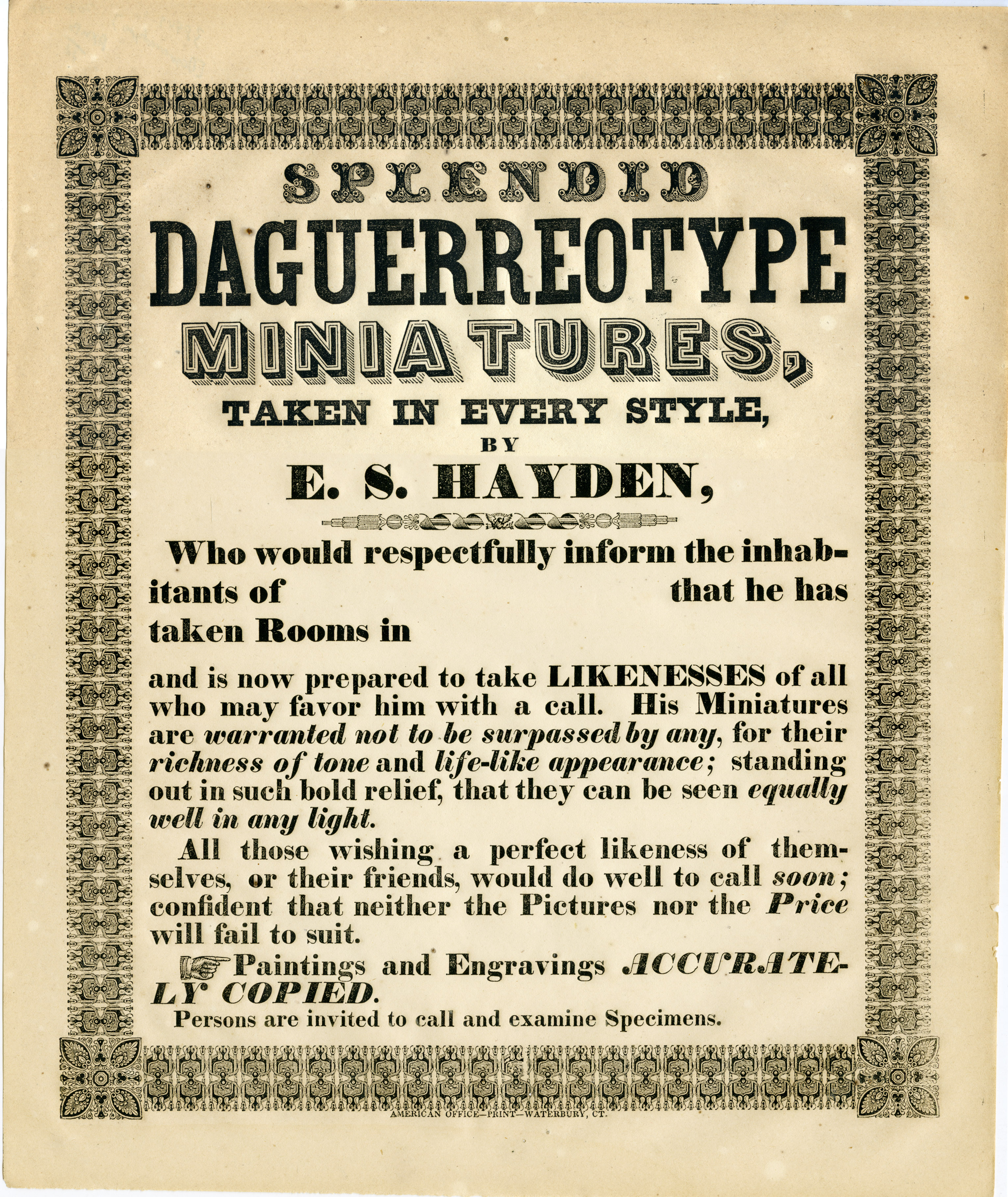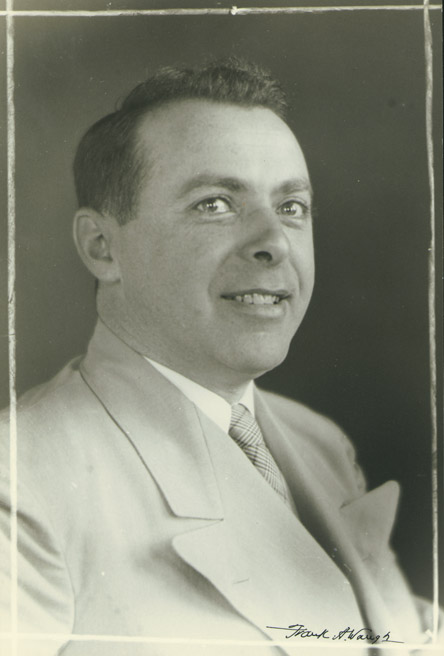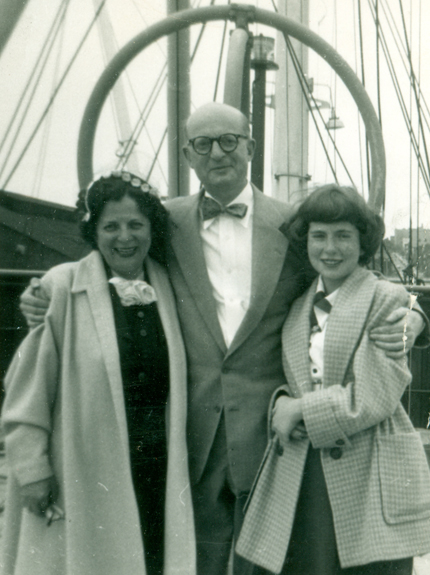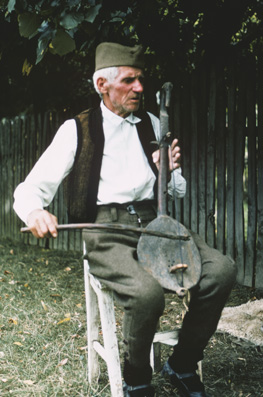David M. Berke Collection of Nuremberg Trials Depositions
During the latter months of the Second World War, Edmund F. Franz served with the U.S. Army’s War Crimes Branch in Wiesbaden, Germany. Part of the team involved in war crimes investigation, Franz processed hundreds of pages of first-hand accounts by perpetrators, eye witnesses, concentration camp survivors, political prisoners, and prisoners of war that ultimately served the prosecution during the Nuremberg trials. At the war’s end, he returned home to Aurora, Ohio, eventually bequeathing a collection of depositions from his wartime work to a friend, David M. Berke.
The Berke Collection contains copies of approximately 300 pages of material gathered by U.S. Army investigators in preparation for the Nuremberg trials. The depositions, affidavits, and reports that comprise the collection are varied in scope, but most center on German maltreatment of prisoners — both political prisoners and prisoners of war — with a handful of items relating to larger issues in intelligence and counter intelligence. Gathered originally by the Office of Strategic Services, the Counter Intelligence Corps, and other Army units, the materials offer chilling insight into the brutality of the concentration camp system, “labor reform” prisons, and police prisons, and the sheer scale of wartime inhumanity.





